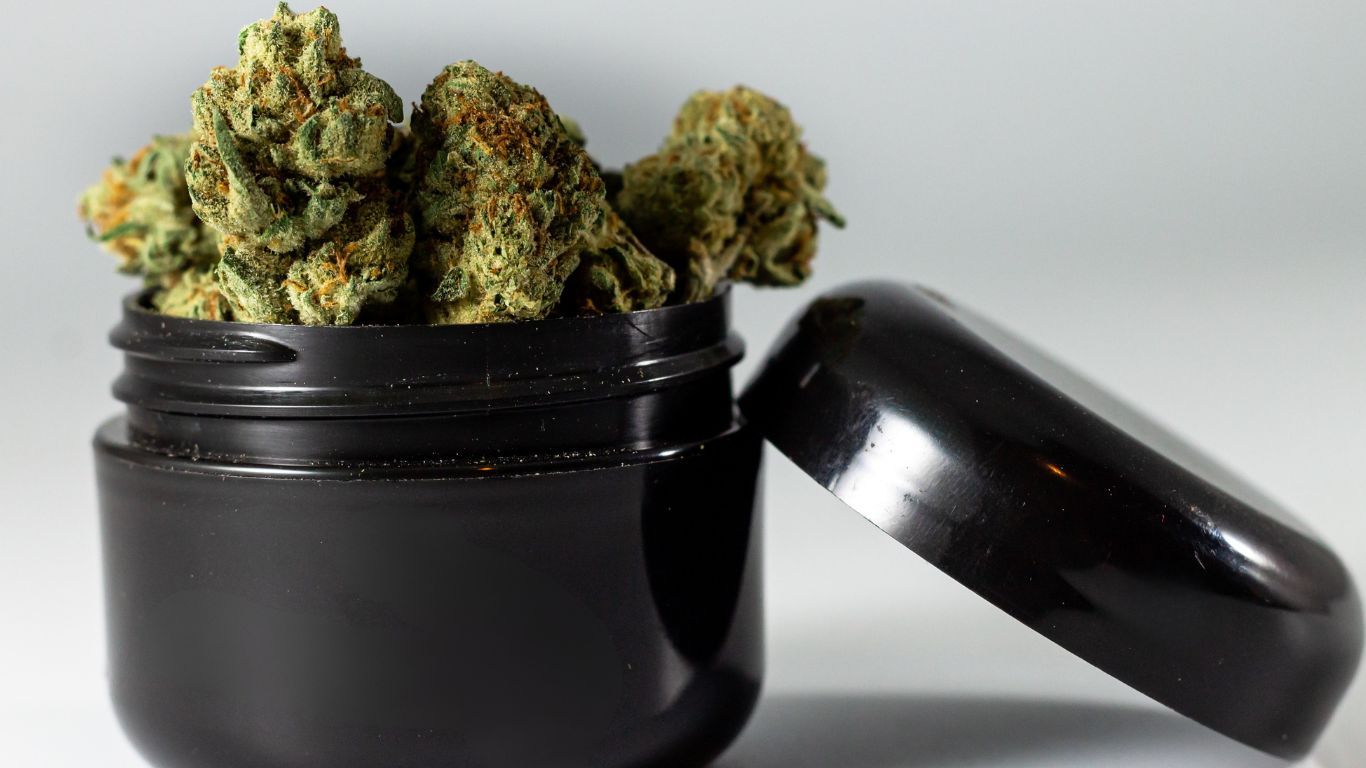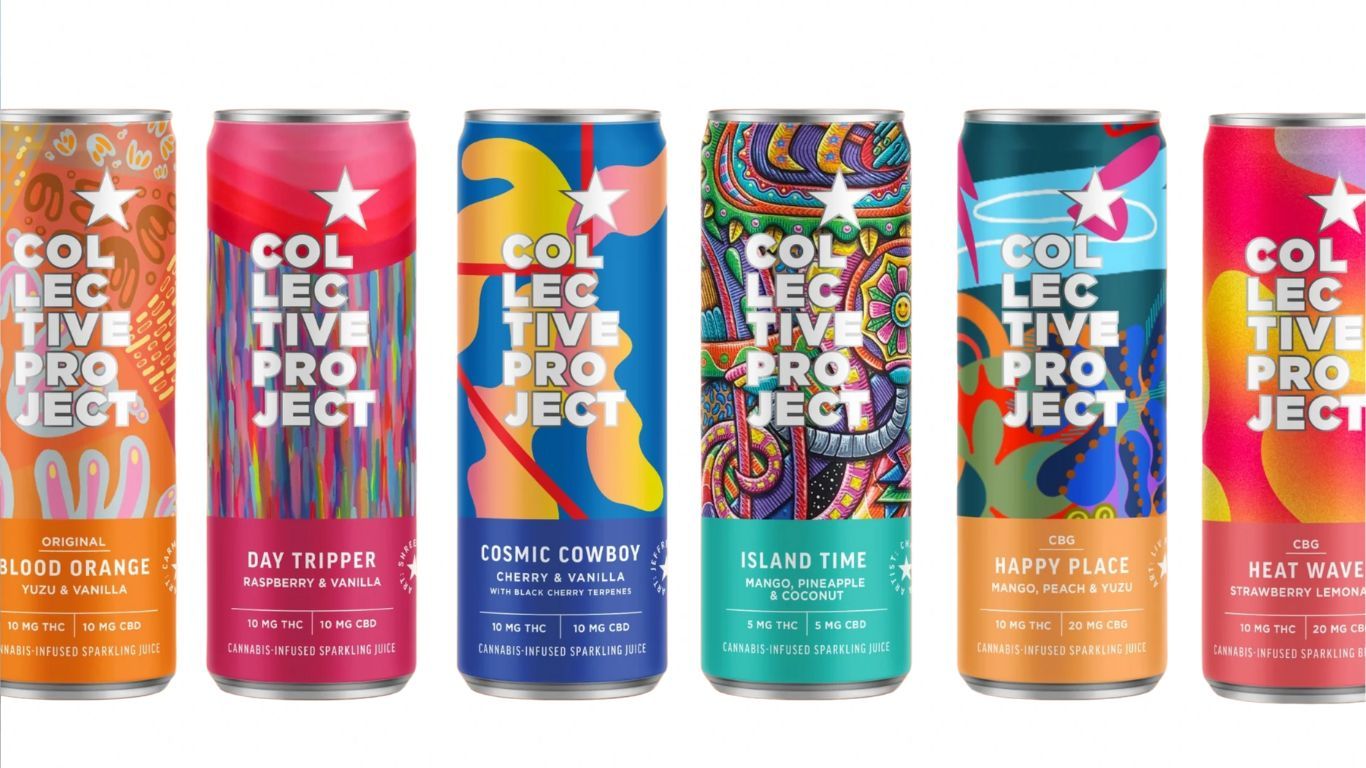
Health Canada has opened a public consultation period for proposed changes to the cannabis regulations concerning cannabis research and testing, and cannabis beverages.
Among the proposed changes are an increase in how much “cannabis beverage” a person can buy and possess, from about five cans to 48, as well as making cannabis product testing a little easier for producers and researchers.
The consultation process, announced March 11, will be open until April 26, 2022, and will allow stakeholders to provide input on the proposed Regulations Amending Certain Regulations Concerning Cannabis Research and Testing and Cannabis Beverages and Order to Amend Schedule 3 published in Canada Gazette, Part I on March 12, 2022.
The proposed amendments intend to:
- facilitate non-therapeutic research on cannabis involving human participants
- allow analytical testing licence holders and government laboratories to produce, distribute, and sell cannabis reference standards and test kits
- expand the educational qualifications for the head of laboratory position that is required for an analytical testing licence
- increase the public possession limit for cannabis beverages
Non-therapeutic research on cannabis involving human participants
Currently, anyone conducting trials on cannabis involving human participants must receive authorization under the Cannabis Regulations and a No Objection Letter from Health Canada under the clinical trial framework of the federal Food and Drug Regulations. This kind of product testing can be used for numerous applications, from academic research to commercial product testing.
Unfortunately, many researchers in Canada have faced challenges in fulfilling the strict regulatory requirements. Health Canada feels that these challenges “have led to missed opportunities to advance knowledge about the use and effects of legal, regulated cannabis products available to adult consumers under the Cannabis Act,” limiting Canadians’ ability to make informed decisions about their consumption of cannabis products and any potential associated risks.
The newly-proposed regulatory amendments would exempt this non-therapeutic research on cannabis involving human participants from the clinical trial requirements under the Food and Drug Regulations. This would only apply in instances where research is conducted under a cannabis research licence issued under the Cannabis Regulations.
Analytical testing and reference standards
The Cannabis industry has also raised concerns with the current framework for cannabis testing that Health Canada is seeking to address through these potential regulatory changes.
Currently, only licensed cannabis producers are allowed to create the required reference standards and test kits that licence holders use to test cannabis and assess testing standards.
Health Canada’s proposed changes would also allow analytical testing licence holders (labs), as well as government laboratories, to engage in a greater range of activities with reference to these standards and test kits.
In addition, federal cannabis regulations currently require any reference standards to adhere to GPP requirements intended to regulate products for human consumption. Since reference standards do not use products intended for human consumption, such strict requirements are an increased cost and regulatory burden for industry. Reference standards allow cannabis labs to validate their testing methods.
Since there are already many analytical testers and government laboratories that possess the necessary equipment for this kind of testing, the proposed changes will make it easier for them to conduct testing with cannabis without either becoming a licenced producer or having a special exemption.
Expand the educational qualifications for the head of laboratory position that is required for an analytical testing licence
By expanding the qualifications for the head of laboratory position, Health Canada is seeking to “expand the pool of eligible candidates to occupy this role”.
Currently, any holder of an analytical testing licence must have a “head of laboratory” on staff. These positions require a university degree in a relevant science field from a Canadian university or a foreign university that is recognized by a Canadian university or professional association.
The proposed regulatory changes would seek to allow “candidates with different education levels and qualifications and with the necessary skills and experience could fulfill the duties of the position.”
Increase the public possession limit for cannabis beverages
Lastly, Health Canada is proposing to increase the dried cannabis equivalency for cannabis beverages so that one gram of dried cannabis is equal to 570 grams of cannabis beverages. Currently one gram of dried cannabis is 70 grams of cannabis beverage.
This has created challenges for the industry in creating cannabis beverage containers of a size that can allow for less than the typical “six-pack” of products. A typical soda or beer can is 355 mL, and current possession limit equivalents mean someone can only buy five of these cans at a time.
This would mean that consumers could now purchase and possess 48 cannabis beverages.
The proposed changes in the Canada Gazette Part 1 can be read here.
The same publication provides notice that the screening fees for cannabis licenses will increase by 3.4%, effective April 1, 2022.











